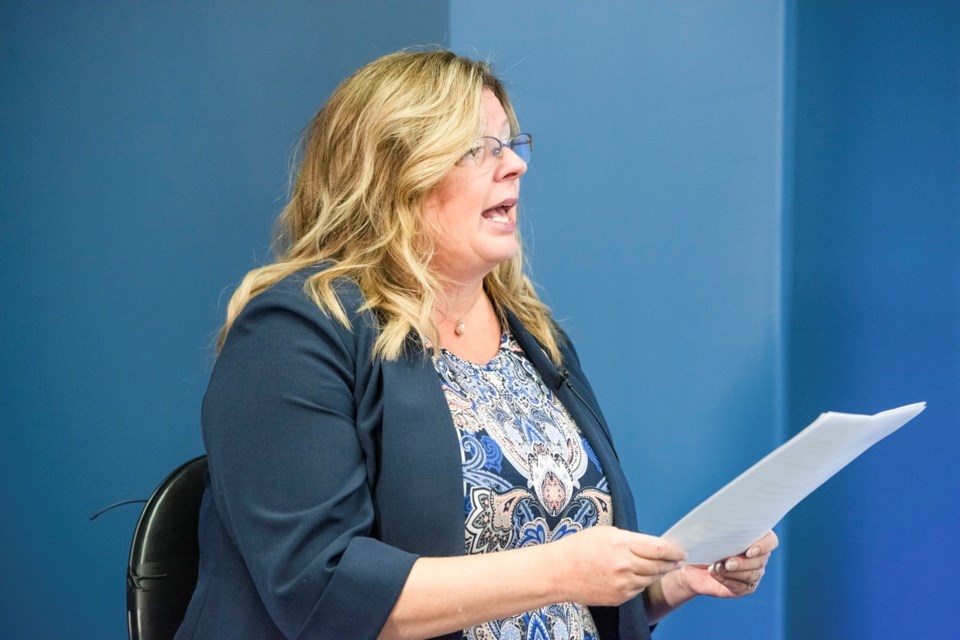Estevan MLA Lori Carr says she was disappointed with the Supreme Court of Canada’s decision to uphold the federal carbon tax.
The governments of Saskatchewan, Alberta and Ontario had taken the federal government to court regarding the feds’ ability to impose a carbon tax on those three provinces, since they don’t enforce one.
In a 6-3 ruling released Thursday, the Supreme Court ruled the feds did have the jurisdiction to force such a tax. Traditionally that would be provincial jurisdiction.
“If they had truly based their decision on facts and constitution, it should have gone our way, but obviously they weighed other things into their decision making,” said Carr, who was hopeful they would base their decision on provincial jurisdiction.
Carr believes the fight against the carbon tax was the right move for the province. The federal carbon tax was the wrong approach to take, as it hurts businesses and individual citizens.
“It was really important for us to stand up for Saskatchewan and stand up for the people who live here. We don’t agree with the carbon tax, we still don’t agree, but this is the hand that we’re being dealt now, so we have to deal with it moving forward.”
Since the carbon tax was first imposed on Saskatchewan in 2019, she has heard nothing but opposition from people in Saskatchewan.
Carr said the provincial government will now bring in some of its own measures, a made-in Saskatchewan price plan, rather than adhere to the federal guidelines. Until then, Saskatchewan will have to continue to follow the federal carbon tax.
A Saskatchewan plan would need to get the green light from the feds.
“One of the things that the premier (Scott Moe) had talked about yesterday in his scrum is designing our own electrical generation and natural gas provincial greenhouse gas emission regulations,” said Carr. “And what that will help us do is it actually helps us have more control and flexibility on how the carbon tax revenue is distributed.”
The province has asked the federal government if they would make that retroactive to 2019.
The premier has also suggested submitting a proposal for Saskatchewan carbon pricing on the system for fuel, similar to what New Brunswick has done, and has received the green light.
“It would allow us to give an immediate rebate right at the pumps, instead of having some plan to rebate after the fact,” said Carr.
The provincial government remains adamant that a carbon tax is not in the best interest of Saskatchewan.
“We still don’t believe a carbon tax is the right way to be going. We believe that it’s ineffective. It penalizes people more than it helps them, and we’re trying to find the right balance for our ratepayers,” said Carr.
The province introduced Prairie Resilience: A Made in Saskatchewan Climate Change Strategy in 2017, as a pathway to reduce greenhouse gas emissions.
“Obviously we had to anticipate that there was the possibility of this decision coming down like this, so I know that within (the Ministry of) Environment and SaskPower and all of the different ministries, they’ve been working on some of this stuff for a just in case.”
She’s not sure how far along they are in the process, or when it will be completed, but she recognizes it would require a number of different ministries, including agriculture and energy and resources.
“If you think about it, the carbon tax literally touches every part of our lives, whether you’re going to the grocery store and buying groceries, or if you’re at the clothing store, picking up something for your kids, at one point in time, that goods that you’re buying have been transported, so there’s fuel that’s been involved.”



